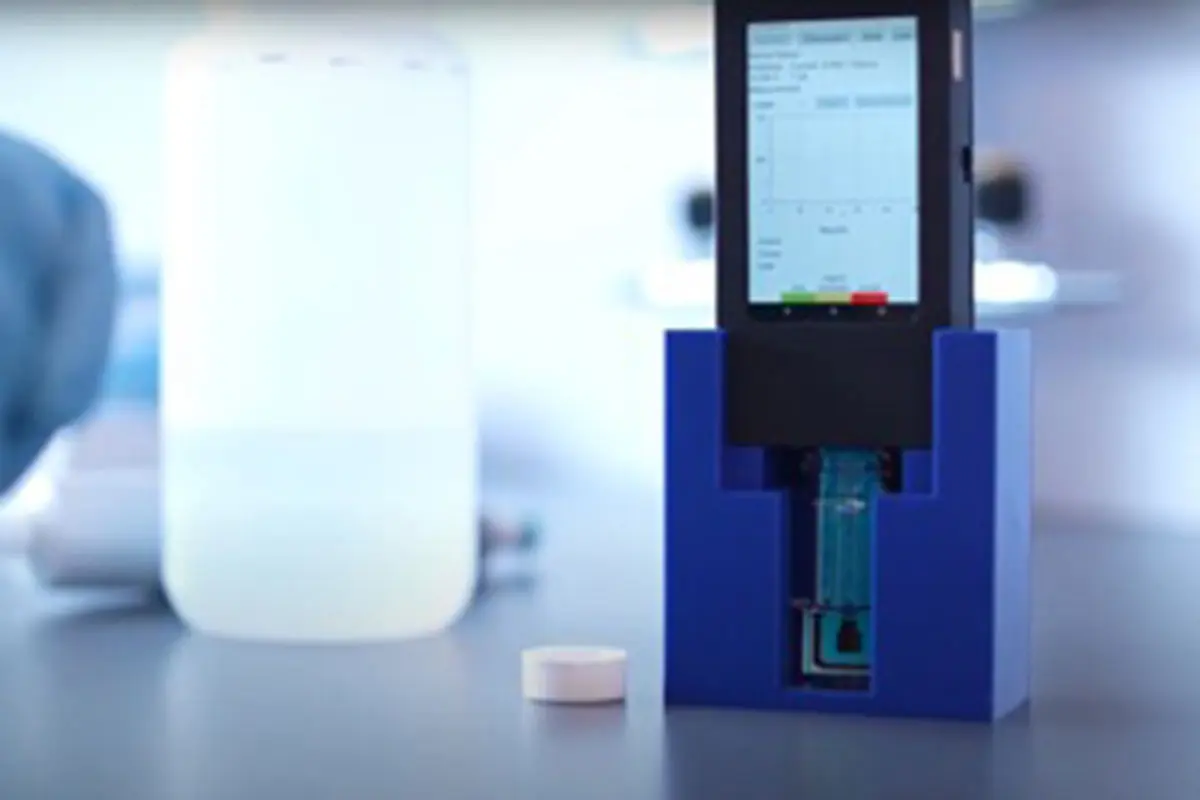
“We are working with residents, nonpofits, community groups to make sure the drinking water if safe so that nothing like Flint, Michigan, happens. We basically catch it before it happens” Professor (Pradeep) Kurup says.
Eagle Tribune - Residents of Andover and Lawrence will be given the opportunity to learn how to test the safety of their drinking water for free on June 18.
The Merrimack River Watershed Council is partnering with University of Massachusetts Lowell researchers to hold an online workshop at 7 p.m. focused on teaching residents of Andover, Lawrence, Dracut and Lowell how to collect water samples in only five minutes.
The Merrimack River Watershed Council will provide free test kits and after collection, UMass Lowell will test the samples for toxic heavy metals such as lead.
The workshop is a part of a project funded by a nearly $2.5 million grant given to UMass Lowell by the National Science Foundation to develop a handheld device that tests tap water contaminants.
“It looks like a handheld monitor and you would put it under your tap water sink as water is coming out and you’d be able to find out levels of things like lead,” John Macone, Policy and Education director at the Merrimack River Watershed Council, said.
The device called the “e-tongue” and standard laboratory methods will be used to test the samples provided by residents to guarantee accuracy.
“Those samples tested will allow us to both compare those two sets of results to validate our e-tongue device and also will be informing residents of their individual results,” Project Manager Connor Sullivan said.
After about six weeks, results of the tests will be given to residents. If any lead is present in the water, the team from UMass Lowell will immediately contact the respective town’s water department.
Efforts by residents will help the project work toward its goal of preventing drinking water-related disasters.
“We are working with the residents, nonprofits, community groups to make sure the drinking water is safe so that nothing like Flint, Michigan, happens. We basically catch it before it happens,” Pradeep Kurup, the project’s principal investigator, said.
Kurup also said the device will likely be available to groups to use independently within the next few years.
“Within a year or two, we should be able to hand it out to community groups, so they can test their own drinking water without our presence,” Kurup said.
In the meantime, Macone encourages residents to participate in the development of the project through collecting water samples.
“The end result is going to be this fantastic piece of technology that’s going to have a lot of use. People can look at it that not only getting knowledge about what’s in their own water, but they’re also going to help create this device that’s going to be used worldwide,” Macone said.
